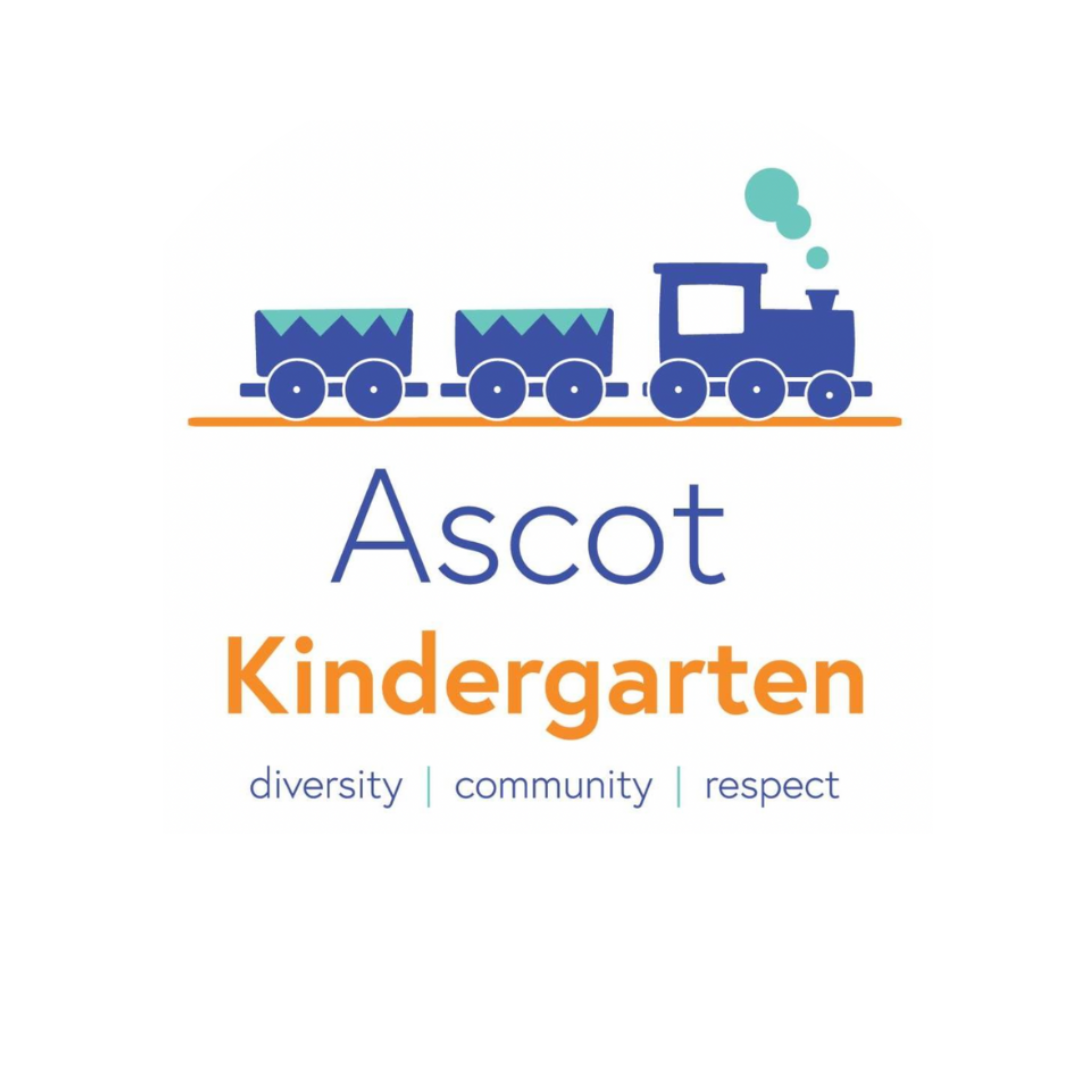Our History
Since its inception in 1946, Ascot Kindergarten has always been a community- managed kindergarten. It commenced as a result of a need within the local community to establish a centre where children could gather and begin their first year of formal education,
In 1946, Cr E. Basford, a local resident as well as very influential and well-respected business leader in the community, was approached by residents to find funds that would enable a kindergarten to be established. As a result of his efforts the kindergarten was established.
The E.B Basford Kindergarten, as it was first known, was set up on the corner of Bank Street and Ascot Vale Road in a Congregational Church Hall as a temporary measure until a permanent site could be found. Cr. Basford together with other well- respected community leaders, Dr. A Green, and Mrs E.A. Cole, harnessed the parent community who all worked tirelessly to find a suitable permanent location. Number One West St, Ascot Vale was selected a suitable location. The railways owned the land and were willing to allow the community to use it for the purpose of a kindergarten for a small fee to be paid regularly.
During this time, many local businesses were approached for donations that would be needed to build the new premises and many and varied fundraising events were organised by the parents to raise enough money to build the kindergarten. The trustees found the wider community and local businesses to be very enthusiastic and generous in their donations and support of this venture. Cr. Basford had a concern that having a kindergarten named after him might be seen as a conflict of interest, so it was decided to change the name to Ascot Vale Free Kindergarten.
In November 1952, the children and staff member, Mrs Beryl Hood moved into its new building at No.1 West St, Ascot Vale.
Some years later, the name was shortened to The Ascot Free Kindergarten. Ascot Kindergarten has always been a self-sufficient centre that has managed its own affairs.
The Moonee Valley Council and the Railways (who still own the land but no longer require fees) have occasionally helped with the maintenance of the grounds and minor repairs, but the bulk of the work and expense has always rested on the Committee of Management and members of the Association.
